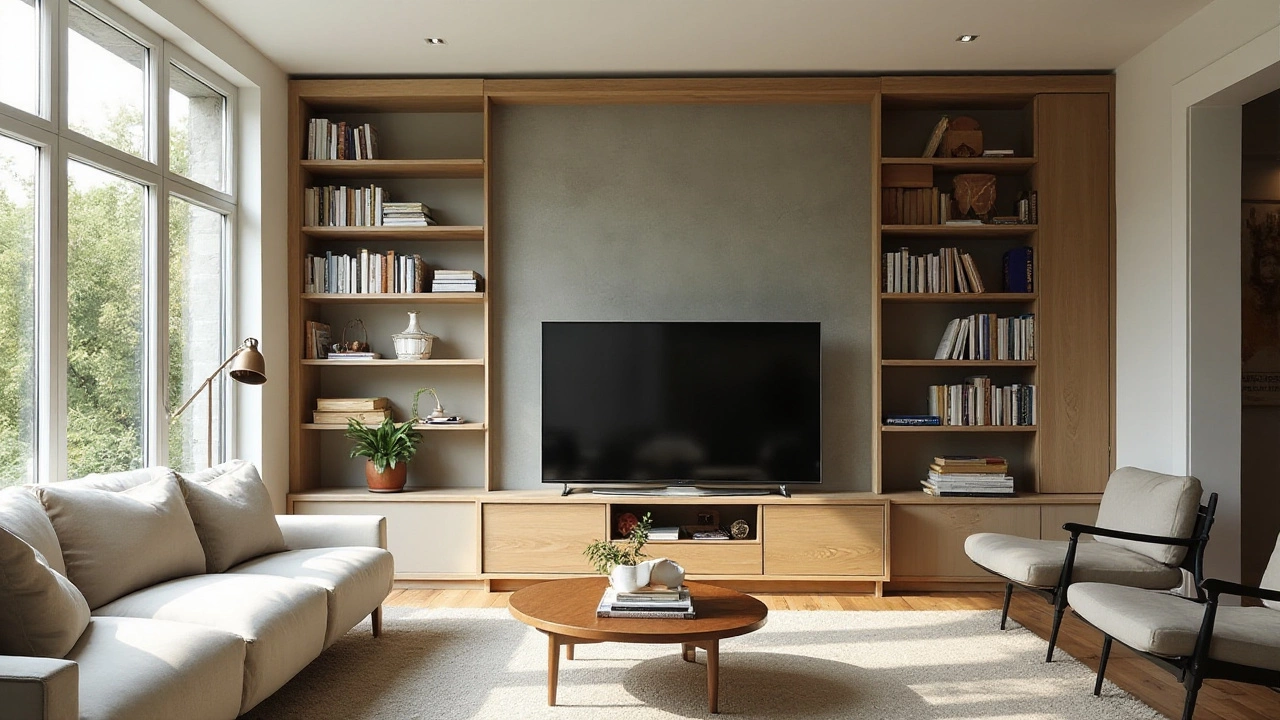HomeGoods Competitors: Your Quick Guide to Better Furniture Choices
If you love HomeGoods but want to see what else is out there, you’re in the right spot. There are plenty of stores that offer similar style, price points, and eco‑friendly options. This guide breaks down the most popular alternatives, highlights what each does best, and helps you pick the right one for your home.
Why Look Beyond HomeGoods?
HomeGoods is great for bargain finds, but its inventory changes fast and can be hit‑or‑miss on quality. Some shoppers need more consistent stock, stronger warranties, or a specific design vibe like modern bamboo or tiger‑print accents. Knowing the strengths of other retailers lets you avoid the disappointment of a missing piece or a short‑lived couch.
Top Competitors and What Sets Them Apart
1. IKEA – If you need affordable, flat‑pack furniture that you can tweak, IKEA is the go‑to. Their range covers everything from bedroom basics to a huge selection of sustainable bamboo items. Assembly is required, but the price savings are hard to beat.
2. Wayfair – Wayfair offers a massive online catalog with filters for material, price, and style. They often run sales that rival HomeGoods, and their customer reviews give a clear picture of durability. Look for the “Eco‑Friendly” badge if you care about bamboo or reclaimed wood.
3. Target – Target blends trendy design with budget-friendly pricing. Their collaborations with designers bring fresh patterns, including tiger‑inspired prints that match Bamboo Tiger’s vibe. Shipping is fast, and in‑store returns keep things simple.
4. Article – Article focuses on modern mid‑century pieces built to last. Prices are higher than HomeGoods, but the quality of frames and fabrics often means a longer lifespan—great for those worried about couch durability.
5. Local Artisan Shops – Small boutiques and online craft stores may have custom bamboo furniture that’s truly unique. While the cost can be higher, you get handcrafted quality and direct support for sustainable makers.
Each of these competitors brings something HomeGoods might miss: steadier stock, clearer warranty terms, or a tighter focus on sustainability. When you compare them, consider three easy factors—price, durability, and style match. Use a simple table in your notes: list the item you want, then check each store for cost, material, and return policy.
Don’t forget to read recent blog posts on our site for deeper dives. For example, the “Most Popular Furniture Colors of 2024” piece helps you pair new finds with existing décor, while “Which Couch Lasts the Longest?” breaks down frame versus fabric durability. Those guides give you the inside scoop, so you can avoid cheap‑look furniture that falls apart in a year.
Finally, test the shopping experience. Browse a store’s website, add a few items to the cart, and see how transparent the shipping costs and delivery times are. A smooth checkout often signals good after‑sales support, which matters if you need to replace a part or claim a warranty.
By weighing these points, you’ll find a HomeGoods competitor that fits your budget, style, and sustainability goals. Happy hunting, and enjoy a home that looks great without breaking the bank.
Top Competitors of HomeGoods for the Best Bookcases
When it comes to finding the perfect bookcase, HomeGoods is a popular option. However, several other retailers offer competitive choices in style and price. This article explores the top competitors of HomeGoods in the bookcase category, comparing their offerings to help you make an informed decision. Discover the variety and value these competitors provide, which might lead to your next favorite bookcase purchase.
View more